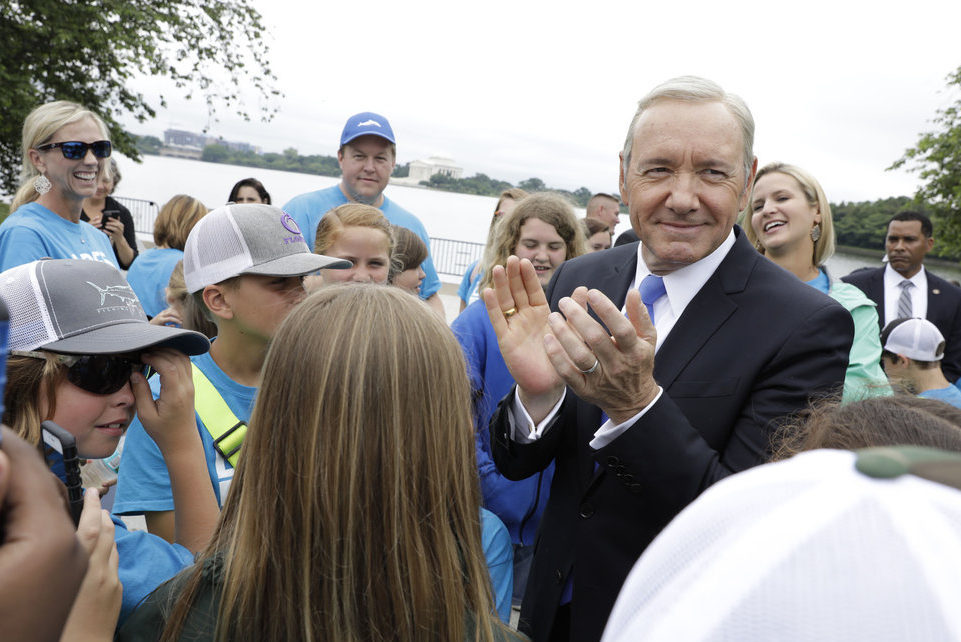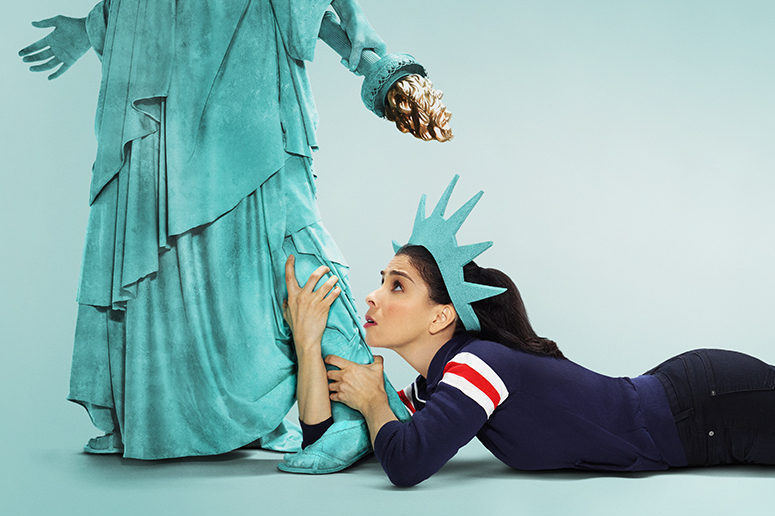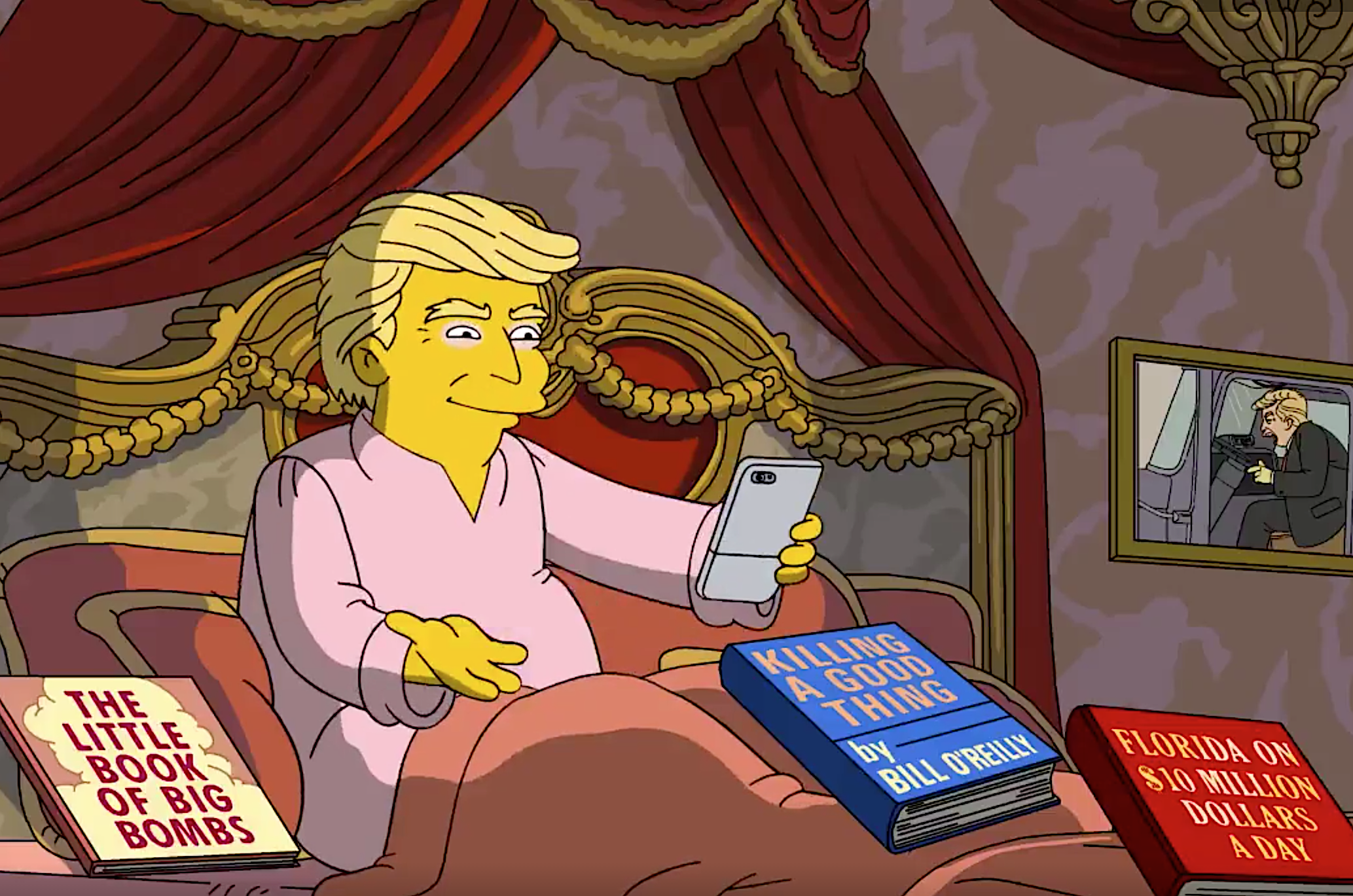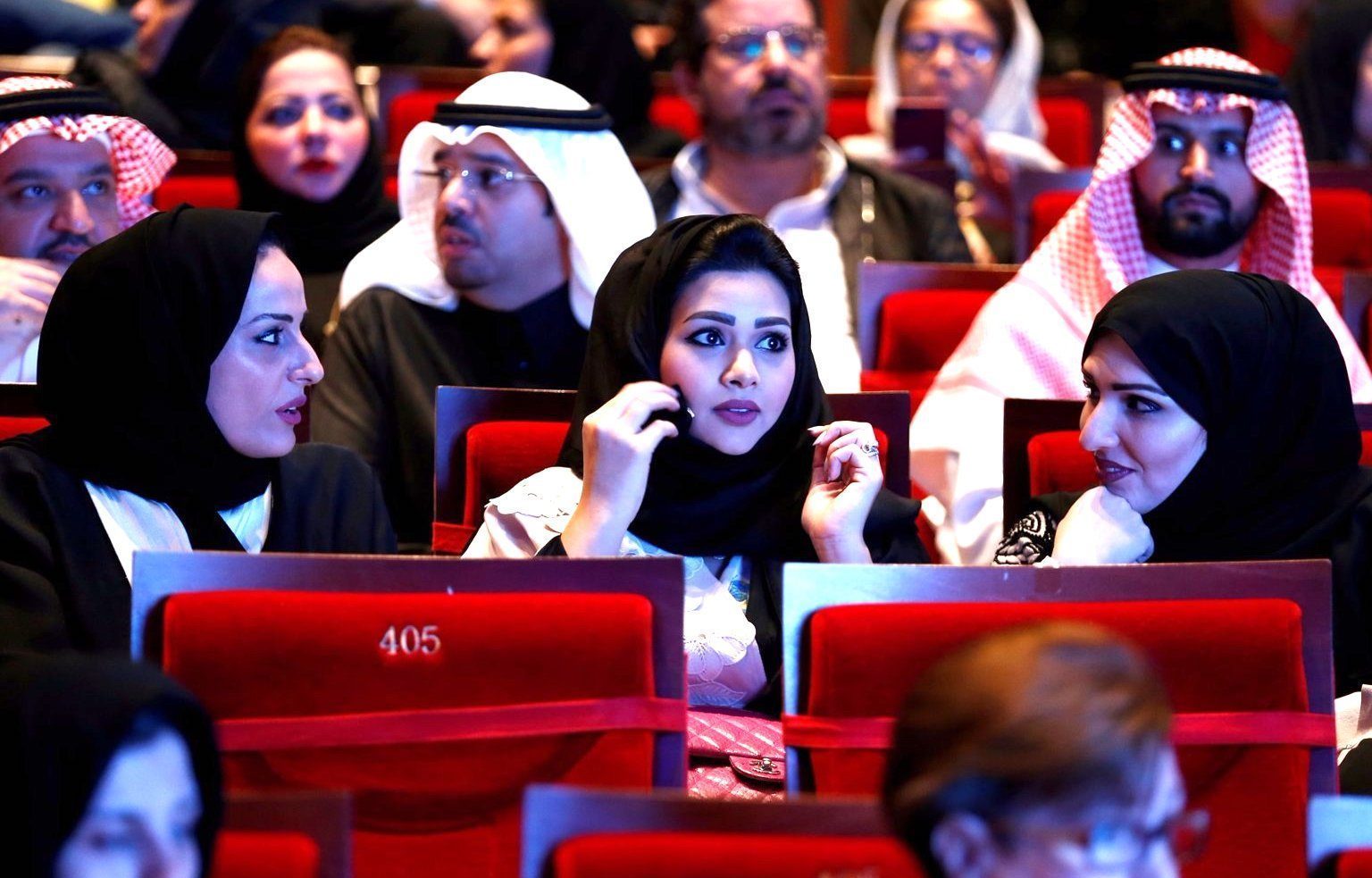
Saudi Arabia Could Become Hollywood’s New El Dorado
As the Crown Prince of Saudi Arabia, Mohammed bin Salman, kicks off a two-and-a-half week tour of the United States in Los Angeles, major studio executives are enthusiastically courting the leader of a kingdom now contemplated as a greatly lucrative new market and colossal source of investment for the entertainment industry.
Having booked the entire Four Seasons Hotel (not a joke) until Thursday for his L.A. trip, part of a coast-to-coast visit, which will include a meeting with Donald Trump and Silicon Valley key players, the Middle East ruler has already began to engage in business conversations with numerous Hollywood leaders.
As well as dining at media mogul Rupert Murdoch’s private Bel-Air estate alongside Disney’s CEO Bob Iger, other show business top influencers and celebrities like Dwayne Johnson, Michael Douglas and Morgan Freeman on Monday, 32-year-old Salman (aka MBS) is also expected to later meet with producer Brian Grazer and talent agency director Ari Emanuel.
This sudden interest from American cinema and TV bosses comes after Saudi Arabia ended its 35-year ban on movie theaters in December 2017, a move to diversify the culture and economy of the Arab state that opened a salivating opportunity for Hollywood and theater chain owners to close juicy deals in the desert country (experts have reported that once built, the nation’s new cinema infrastructure could generate up to $1 billion in annual box office income).
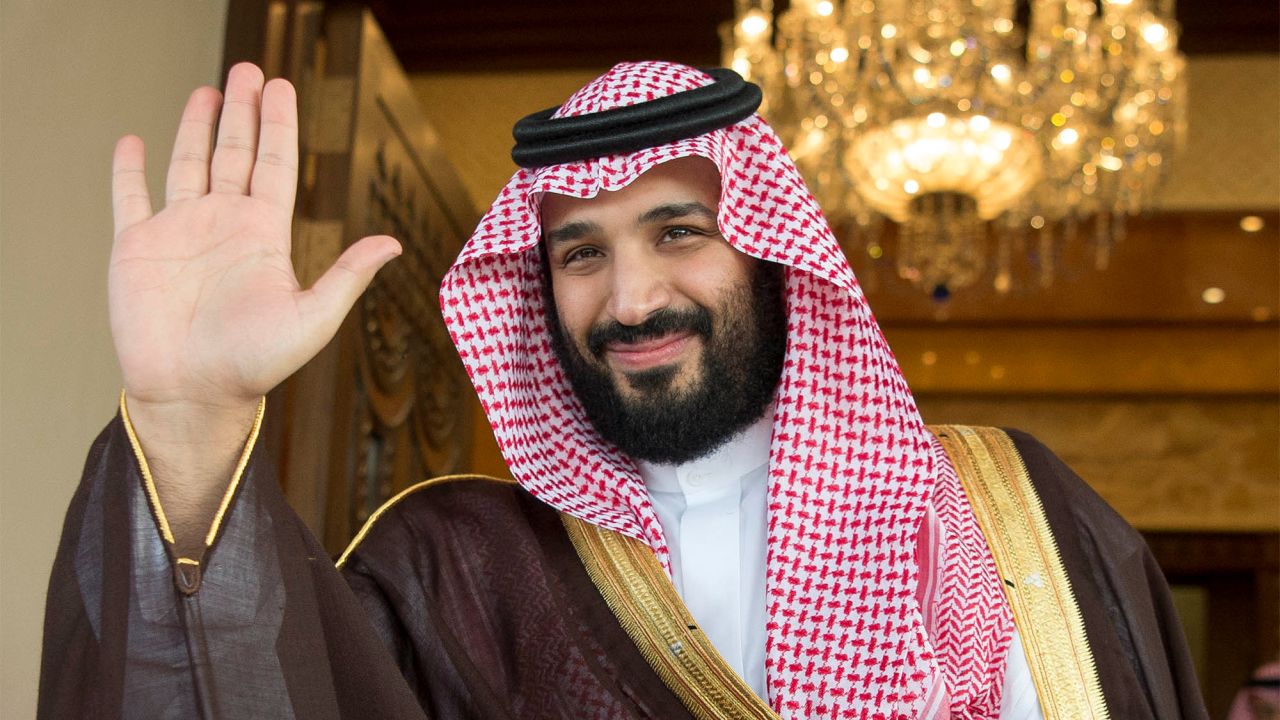
If the collaboration comes to fruition, Saudi Arabia could be on its way to replace China as Hollywood’s most valued financial partner, now that the latter has for the most part stopped financing U.S. movies since the government crackdown on foreign investments and leveraged deals that made for a huge chunk of the American industry’s budget.
Many contracts with Chinese investors, who used to provide a heavy capital for the Wanda Group-operated theater chain AMC and big production companies, have been scrapped. Paramount Pictures, for example, saw its $1bn 3-year financial deal with a major entertainment group from China cancelled.
When it’s not uncommon that some of the biggest U.S. blockbusters have better box office results in China than in North America, a difference measured in billions of dollars, the significant need for Hollywood to find a new meal ticket is pretty clear.
And Saudi Arabia is by itself an ideal replacement choice. The oil-rich nation counts 32 million people, most of whom are under 30 with significant disposable income – a prime demographic for the entertainment industry. “It’s a large market, by far the largest in the Middle East,” said Saudi Minister of Culture and Information, Awwad Alawwad. “It is also an untapped market that hasn’t been explored.”
But the fact that the kingdom is only taking its first steps toward a wider entertainment offering might present significant challenges for American studios to break into its market. Beside conflicting almost entirely with Hollywood’s liberal values, the ultra-conservative regime of Saudi Arabia imposes serious restrictions, showing deep conflicts with the representation of sex, nudity and women’s rights (the monarchy, ruled by Shariah law, only agreed to give women the right to drive in September 2017). Like with China, films screened in the state will have to be censored to reflect the kingdom’s values, and men and women are most likely to be segregated in theaters.
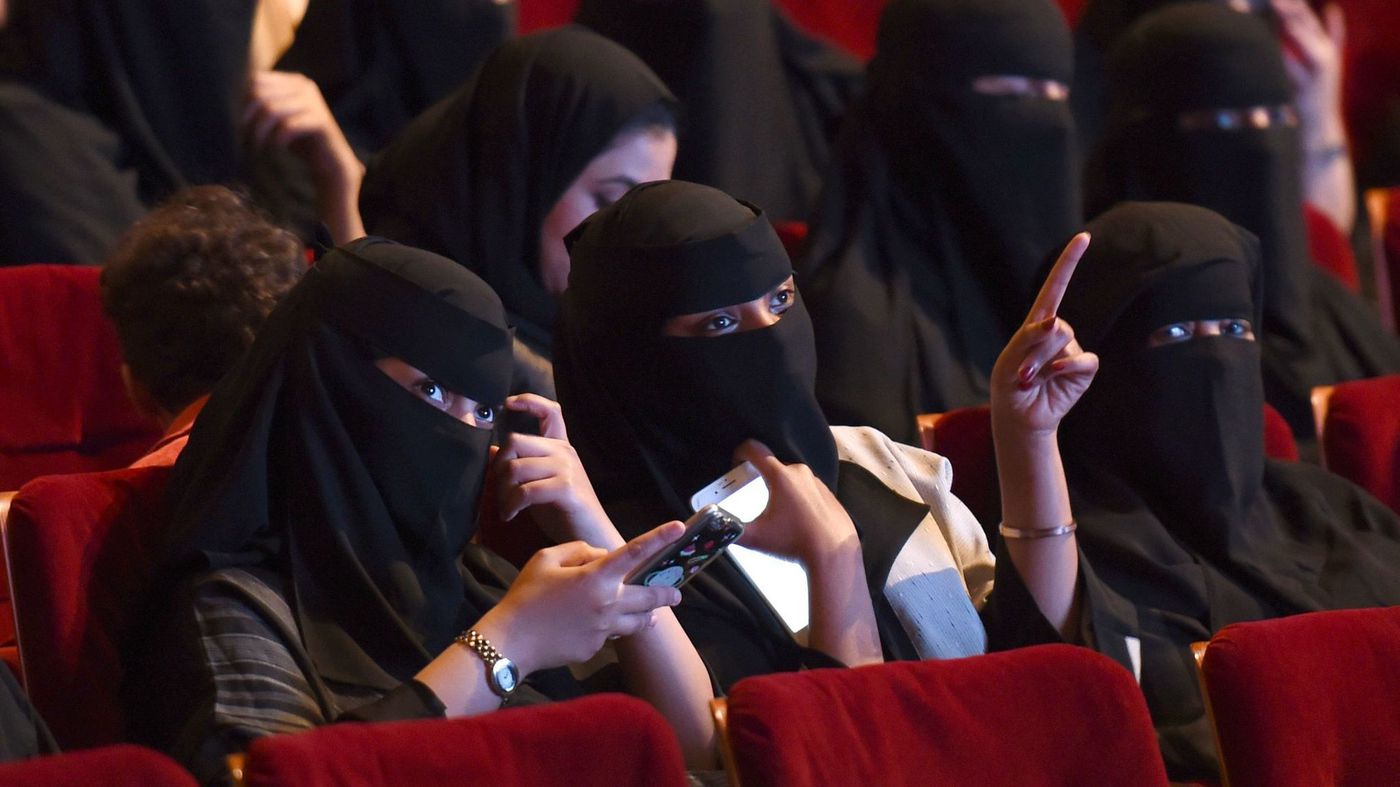
Unlike China, though, Saudi Arabian investors are also expected to be more thrifty. “If Hollywood is looking for another source of dumb money, we are grossly mistaken,” said Dennis Rice, head of film marketing and distribution consulting firm Visio Entertainment to the L.A. Times. “They are very savvy and shrewd business people.”
Prince MBS’s California visit is only the first stage of an important plan that at present remains to be figured out. For the time being, Saudi Arabia wants to learn about global entertainment businesses in order to build its own modern media industry with the hope to drive tourism. Salman’s main goal being to market his kingdom as a society in the midst of major cultural and economic changes.
Some ideas, however, seem to be taking concrete directions. The nation’s authorities announced in February that they intend to spend $64bn on entertainment projects including theaters and films in the next decade, while the government plans to launch its first film agency at the Cannes Film Festival in May. To support the considerable development, AMC Theatres, the world’s largest theater operator, and the giant Imax have agreed to build as many as 50 theaters for the state.
But although the kingdom is trying to promote a more progressive era, “developing like any other countries in the world,” as recently stated by its leader, Saudi Arabia continues to suffer from severe authoritarian rules preventing dissent among its citizens and journalists. Because change doesn’t happen overnight, Hollywood better be conscious that it has barely began its journey to understanding and working with such a divergent culture. “It’s a courtship process,” says Elsa Ramo, entertainment business lawyer. “Everybody’s in the dating phase right now.”

